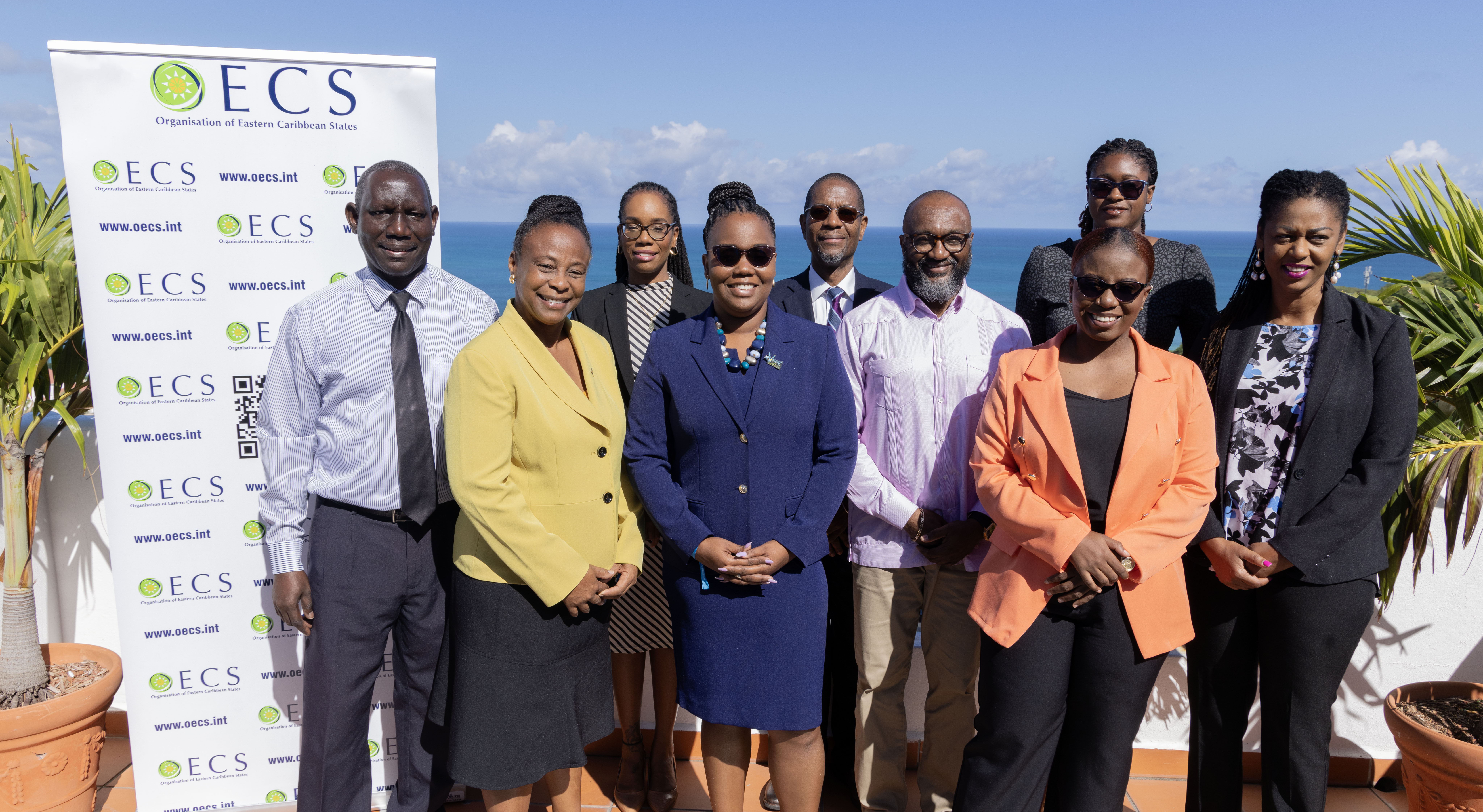OECS Revamps Tourism Policy for a Sustainable Future
OECS Media Release
March 27, 2024 — Tourism serves as the mainstay of the economies of many islands within the Organisation of Eastern Caribbean States (OECS). Consequently, the OECS Commission has adopted a unified and collaborative approach to enhance and address the industry's challenges.
The OECS Tourism Policy Regional Task Force, comprising Regional Permanent Secretaries and Senior Technical Officers from the Ministries of Tourism across OECS Member States, convened for a two-day Regional Consultation in Antigua and Barbuda. This gathering aimed to establish new guiding principles and articulate a mission and vision for the development of a new OECS common Tourism Policy.
Dr. Didacus Jules, Director General of the OECS, notes that the updated policy will seek to develop a fully comprehensive and pragmatic approach that supports competitiveness, balanced growth, greater community participation, and increased benefits to local communities as mandated by the Revised Treaty of Basseterre, introducing new areas of opportunities specifically within the blue economy.
Colin James, CEO of the Antigua and Barbuda Tourism Authority, welcomed the participants with optimism about the initiative's potential. James highlighted the economic challenges of developing tourism and the benefits of a collective approach:
"Your collective expertise will be instrumental in enabling you to engage in meaningful discussions and articulate a fresh vision and mission for our vibrant tourism sector.”
The Regional Task Force, which had its first meeting in August 2023, reviewed initial findings from national stakeholder consultations held over the last four months. The goal is to leverage this momentum to create a Sustainable Tourism Policy, which, once adopted by the OECS Council of Ministers for Tourism, will direct the OECS Commission’s tourism initiatives and assist governments in their tourism development over the next five years.
The meetings featured several working sessions where participants envisioned the future of a flourishing regional tourism industry and collaborated on crafting a renewed vision. Each Permanent Secretary and Technical Specialist made an elevator pitch to their colleagues, sharing insights and strategies.
This initiative is supported by the World Bank through its Unleashing the Blue Economy Project. The project aims to conduct a thorough revision and update of the OECS Common Tourism Policy (2011), with a special focus on integrating the Blue Economy to enhance competitiveness and adapt the policy for the post-COVID-19 era. The revised OECS Common Tourism Policy is expected to include directives on sustainable tourism development, as well as climate-smart and resilience strategies to promote a thriving and more equitable tourism sector.
At the end of the consultation, the attendees emphasised the importance of the meeting, highlighting the opportunity for collaboration and idea-sharing with colleagues from across the region. They appreciated the chance to learn from one another and the outcomes of the consultation. They also expressed their gratitude for the cooperative engagement and the collective, regional approach.
About the Unleashing the Blue Economy (UBEC) Project
The UBEC Project, funded by the World Bank, aims to harmonise regulations and enhance cooperation among participating OECS Member States to tackle transboundary issues, including fisheries, tourism, and marine waste management. It seeks to establish the OECS as a benchmark for the blue economy, attracting international support and sustainable investments by the project's conclusion. The project is structured around two key components designed to bolster the Blue Economy within the region:
- Strengthening Governance, Policies, and Capacity Building.
- Scaling Up Access to Finance and Infrastructure Investment.
The OECS Commission's Economic Affairs and Regional Integration Division and Environment Sustainability Division are spearheading the UBEC subcomponents. These efforts target member states including Grenada, Saint Lucia, and St. Vincent and the Grenadines, and focus on:
- Enhancing regional policies, institutions, and coordination.
- Implementing a Regional MSME matching grants program to finance business development services and provide matching grants. This program aims to boost productivity, job creation, and capability upgrades within the blue economy value chains.
Danny Moonie
OECS Communications Unit







